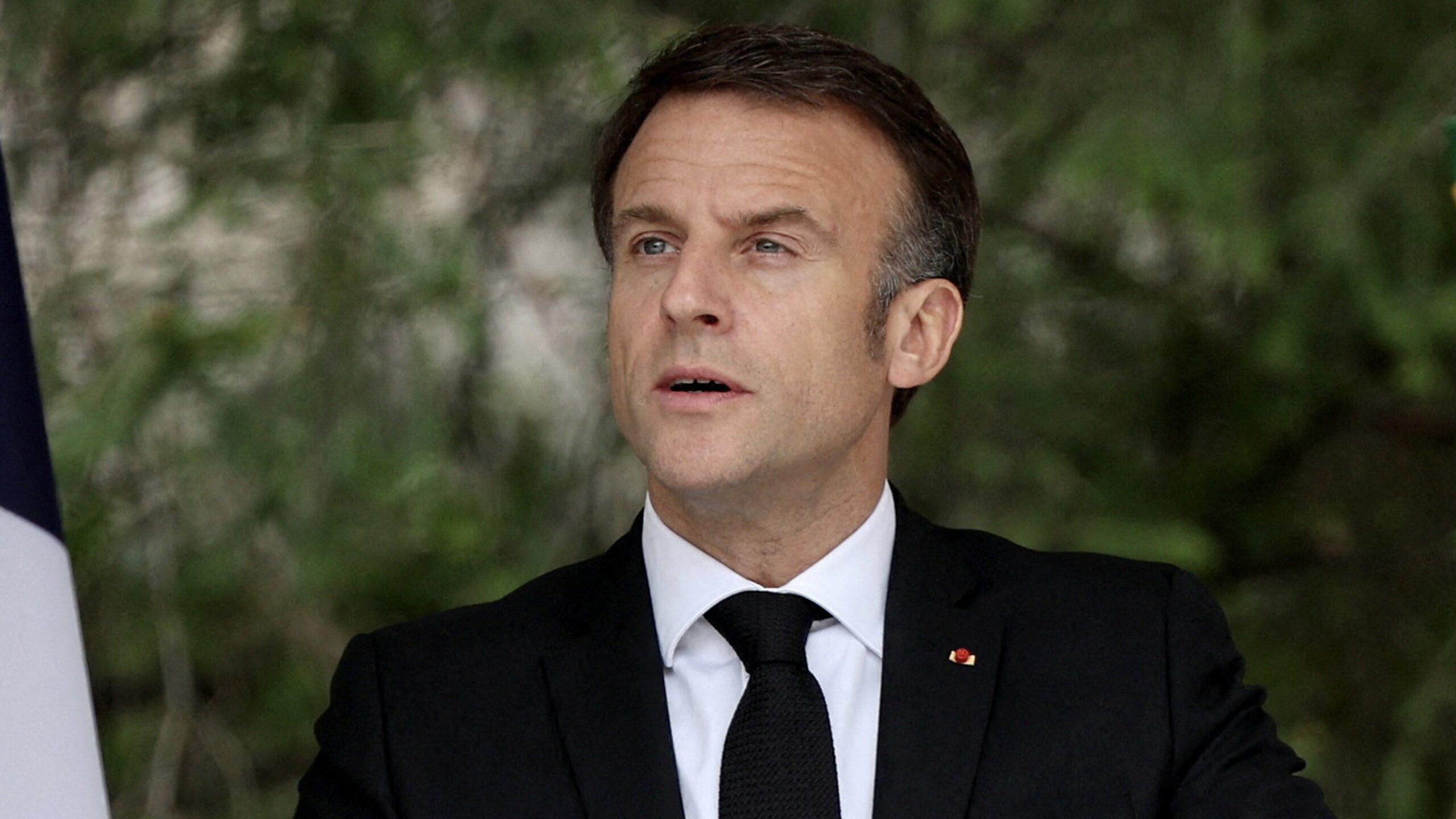

The latest edition of our Sustainable Views newsletter
Dear reader,
The pushback against the EU Green Deal is dominating the headlines as the European parliament elections approach. Le Monde this morning leads with an article discussing how the French government often cites the rise of the far-right to justify its slowed-down approach to the energy transition. The argument from the far-right generally goes that climate action will punish people and businesses. In response, parties like Rassemblement National present themselves as defenders of “positive ecology”, which generally means business as usual or worse.
French President Emmanuel Macron has moved from launching his “Make our planet great again” campaign in 2017 to advocating, in 2024, “écologie à la française”, based on the understanding the transition will happen without bans — encouraging change will be enough. The German government is also struggling to introduce policies scientists and activists say are necessary to reduce fossil fuels massively, while in the UK, Rishi Sunak believes the move to cleaner technologies can happen at a more leisurely pace than previously planned.
Such ways of working are legitimised as being carried out in the name of fairness to support individuals and companies struggling with complicated economic and geopolitical headwinds. Yet, research shows slowing the energy transition comes with its own costs.
Analysis published today by the Energy and Climate Intelligence Unit finds that in the two years since Russia invaded Ukraine, the UK government has largely failed to boost the country’s energy security because of its decision to focus on new oil and gas, rather than giving its full backing to insulation standards, electric heat pumps and new offshore wind farms. “As a country we’ve spent more than £100bn on gas over the crisis, with the bill payer and taxpayer bearing the brunt,” says Jess Ralston, ECIU’s energy analyst.
French think-tank the Fondation Jean-Jaurès likewise concludes opposition to the Green Deal by French far-right parties in the name of protecting the working and middle classes is misleading, given these people are most impacted by high fossil fuel prices. Its analysis also reveals how French far-right parties have voted against measures aimed at making the energy transition more just, like the EU Social Climate Fund.
The EU Corporate Sustainability Due Diligence Directive has emerged weaker after being targeted as part of the pushback against the Green Deal. Dio Herdiawan Tobing, head of public policy Asia at the World Benchmarking Alliance, suggests the idea that watering down environmental and sustainability laws to protect businesses in Europe is misguided, given other countries are also regulating on these issues. He cites increasing demand across Asia for transparency, and in particular China’s plans for corporate sustainability reporting.
Brian Burton, founding principal at Burton Capital Ventures, uses a similar argument to insist last week’s decision by the US Securities and Exchange Commission to “stay” its proposed climate disclosure rule is little more than a “strategic pause” to give the SEC time to gather its thoughts in the face of significant opposition. “This demand for transparency is not a trend that will dissipate,” writes Burton. “On the contrary, it is gaining momentum across the globe, with jurisdictions including Canada, Europe, Australia, India, Asia, South America, and even California already moving forward with similar initiatives.”
Yet, as pauses and pushbacks dominate the political space, NOAA Research data reveals levels of the three most important human-caused greenhouse gases — carbon dioxide, methane and nitrous oxide — continued to climb steadily in 2023, and heat records are tumbling daily as temperatures spike in countries around the world.
One way of potentially creating change is through impact investing. Alex reports that market instability and strong investment returns from so-called “sin stocks” in the defence and fossil fuel industries are pushing investors away from channelling their capital into environmental and social projects. Experts suggest governments could do more to encourage such behaviour.
Until tomorrow,
Philippa
Philippa Nuttall is the editor of Sustainable Views
Similar Articles

Editor’s note: biodiversity, breakdown and batteries

Editor’s note: a sporting chance


